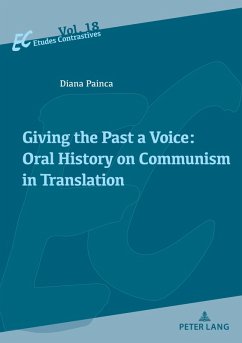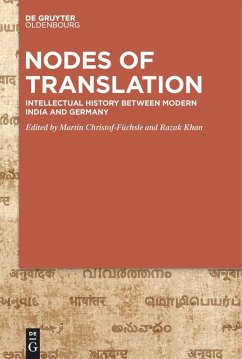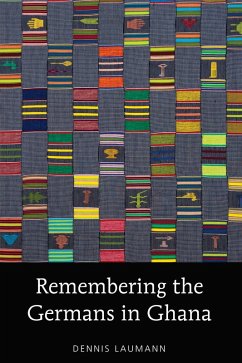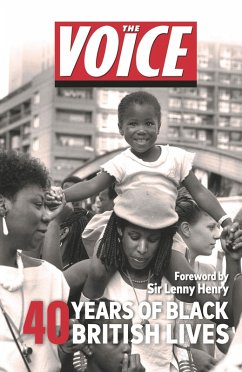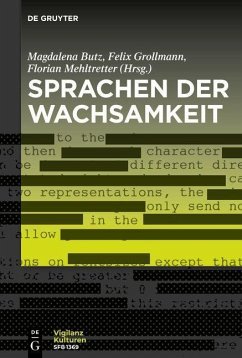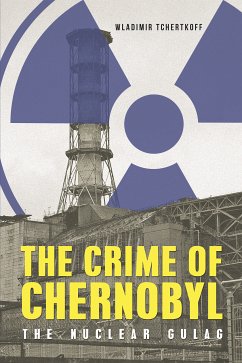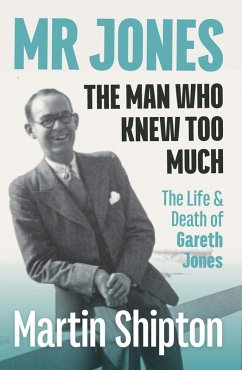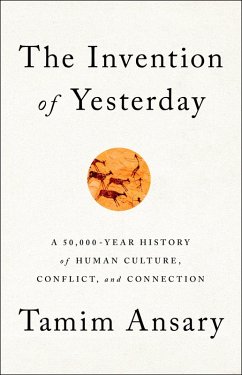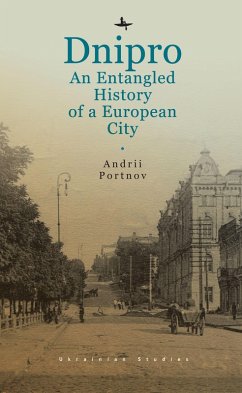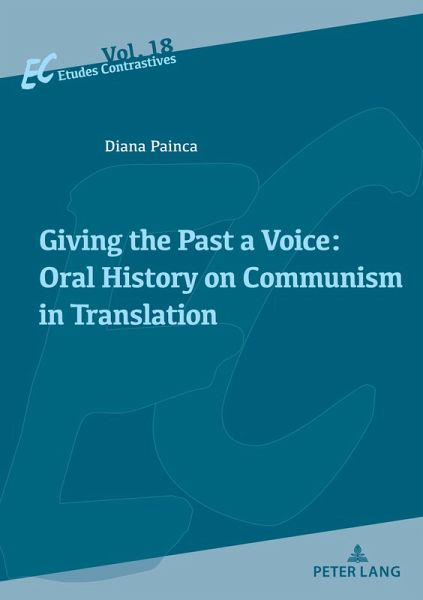
Giving the Past a Voice: Oral History on Communism in Translation (eBook, ePUB)
Versandkostenfrei!
Sofort per Download lieferbar
Statt: 58,95 €**
49,95 €
inkl. MwSt.
**Preis der gedruckten Ausgabe (Broschiertes Buch)
Weitere Ausgaben:

PAYBACK Punkte
25 °P sammeln!
This work offers a novel and interdisciplinary approach to Translation Studies by connecting this discipline with the oral history on communism. Following the collapse of the communist regime in the Eastern bloc (1989-1991), oral history interviews became the research method par excellence, providing an alternative version to the distorted public discourse. This book addresses the challenges posed by the translation of transcribed historical interviews on communism. The author's translation from Romanian into English of an original corpus helps formulate a methodological framework nonexistent,...
This work offers a novel and interdisciplinary approach to Translation Studies by connecting this discipline with the oral history on communism. Following the collapse of the communist regime in the Eastern bloc (1989-1991), oral history interviews became the research method par excellence, providing an alternative version to the distorted public discourse. This book addresses the challenges posed by the translation of transcribed historical interviews on communism. The author's translation from Romanian into English of an original corpus helps formulate a methodological framework nonexistent, up to this point, within Translation Studies. Additionally, drawing on research in conversation analysis and psychology, the so-called fictive orality of the data is defined according to an innovative tripartite paradigm: vividness, immediacy, and fragmentation.
Inscribed in the current call for translators' activism and visibility, the work draws on oral history terminology to reflect on the translational experience as a 'dialogic exchange' whereby listening assumes central importance. The descriptive and prescriptive paradigms work in concert, facilitating the understanding of translation strategies and of the mechanisms animating historical interviews. However, beyond these theoretical insights, what gains prominence is the argument of the affectivity steeped in the interviews, which alerts translators to the emotive cadence of oral history. Translation is understood here not only as a linguistic and cognitive exercise but rather as a subjective and necessary undertaking in which translators become co-creators of history, illuminating the way knowledge about the past has been and continues to be formed and mediated.
Inscribed in the current call for translators' activism and visibility, the work draws on oral history terminology to reflect on the translational experience as a 'dialogic exchange' whereby listening assumes central importance. The descriptive and prescriptive paradigms work in concert, facilitating the understanding of translation strategies and of the mechanisms animating historical interviews. However, beyond these theoretical insights, what gains prominence is the argument of the affectivity steeped in the interviews, which alerts translators to the emotive cadence of oral history. Translation is understood here not only as a linguistic and cognitive exercise but rather as a subjective and necessary undertaking in which translators become co-creators of history, illuminating the way knowledge about the past has been and continues to be formed and mediated.
Dieser Download kann aus rechtlichen Gründen nur mit Rechnungsadresse in A, D ausgeliefert werden.




